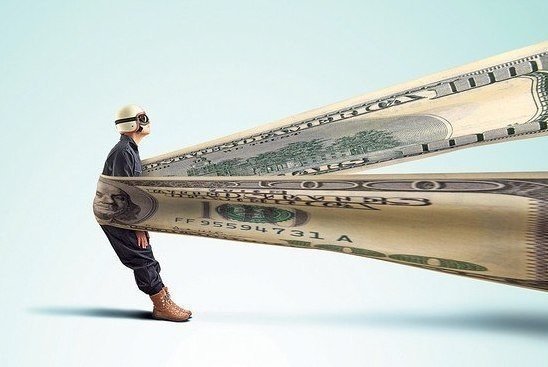
Each of the fourteen teams received an envelope with FIVE dollars of "start-up capital" and TWO hours of time. At the end of the task, each team had THREE minutes to present their solution.
There were proposals to open a makeshift car wash or tray selling soft drinks – in these cases, $ 5 would be used to purchase materials and products to get started. Quite decent options for those who would like to earn a little in a few hours.
However, the teams that earned the most money did not use the starting 5 dollars at all. They realized that this amount, in fact, does not help them, and decided to look at the problem more broadly: "What if we start from scratch?".
One group drew attention to the problem inherent in many campuses – long queues in front of popular restaurants on a Saturday evening, and decided to help people who did not want to wait. Members of the team have booked several tables in the restaurants. With the onset of the appointed hour, they sold the right to enter the restaurant for $ 20 wishing to get there immediately.
The other team did even easier. They put a special rack in front of the building of the student Union and began to measure the pressure in Bicycle tires free of charge. After serving the first few customers, the team realized that the cyclists were incredibly grateful to them. Despite the possibility of free swap and the simplicity of this operation, the new service seemed to customers convenient and valuable. In fact, within an hour of starting work, the team stopped taking a fixed fee and asked instead to pay the amount that the client would consider appropriate. Profit immediately increased several times.
Each of these projects brought the teams several hundred dollars, and it impressed the rest. However, one team managed to earn as much as $ 650: they were able to look at the resources at their disposal from a completely different angle.
These students determined that their most valuable resource is not $ 5 and not two hours of time, but three minutes of presentation on Monday, and decided to sell this time to one company that wanted to invite students to work. They created a three-minute commercial for the company and showed it to students instead of telling them about their actions the previous week. It was a great decision (which did not even think of all the others).
And how would you act?!